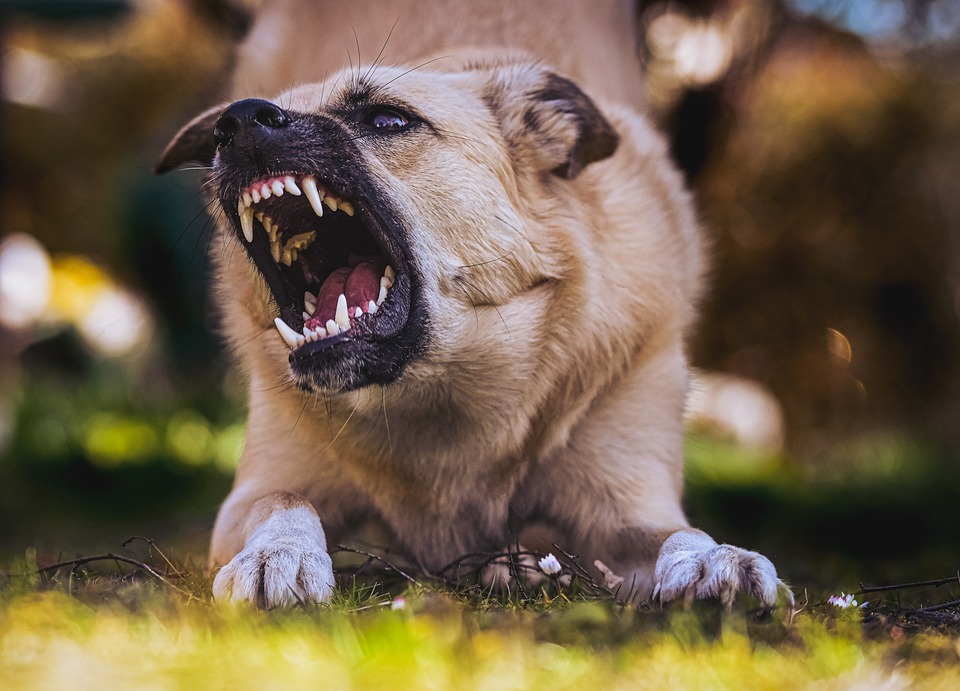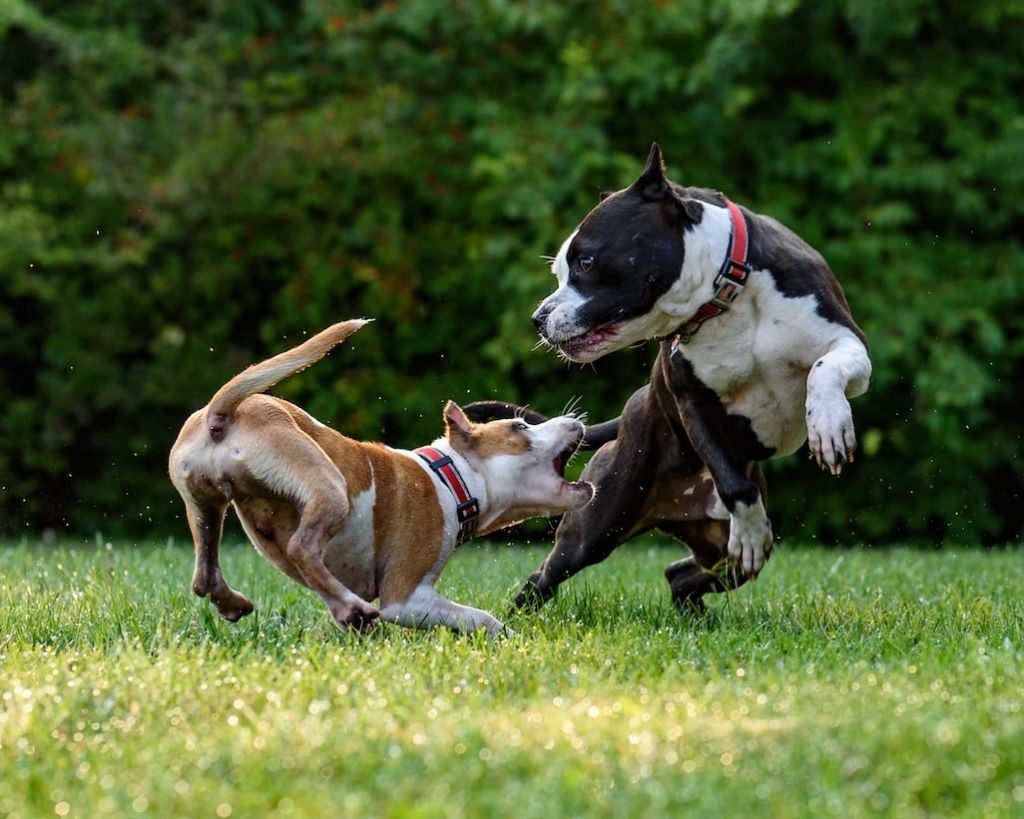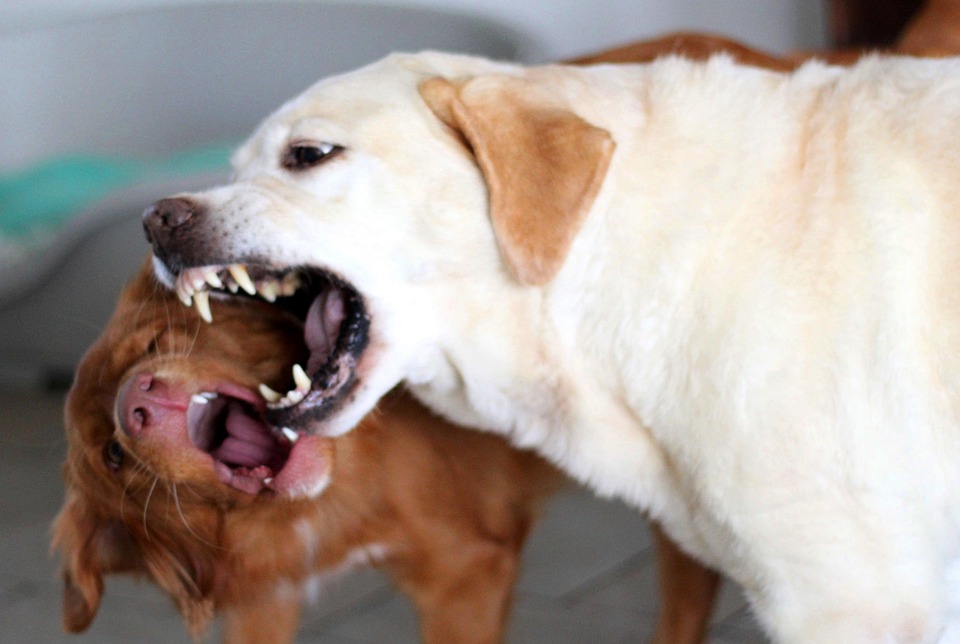
How to Prevent Dog Bites
Dogs are a beloved part of many people’s lives, but it is important to recognize that not all interactions with them end happily. According to the World Health Organization (WHO), “dog bites account for tens of millions of injuries annually,” with children most at risk.
If you or someone you love has been bitten by a dog, contact a personal injury lawyer. You may be entitled to compensation. That said, it’s always better to prevent these incidents from happening in the first place. In this blog post, we’ll be diving into why dogs bite and the steps you can take to prevent dog bites and ensure safe interactions.
Why do Dogs Bite?
Dog bites can be a frightening experience for both the dog and its victim, but understanding the reasons why dogs bite can help prevent such incidents from happening. Most dog bites for one of three primary reasons: fear, anxiety, or aggression.
Fear-based biting can happen when a dog feels threatened in some way, such as when it is approached by an unfamiliar person or a sudden movement. Bites related to anxiety usually occur when a dog is negatively affected by loud noises or new surroundings; they are trying to protect themselves from whatever is causing agitation.
Aggressive behaviour often results in biting because dogs may feel the need to stand their ground and defend what they see as their territory. While all breeds have the potential to bite under particular circumstances, certain breeds, notably german shepherds and huskies, may have a predisposition toward aggressive tendencies.
Also, lack of socialization and past abuse or neglect increase the likelihood that a dog will bite due to feeling unsafe. It’s important to understand the underlying causes of dog bites to prevent them and ensure safe interactions with these beloved animals.
Dog Bite Prevention Tips
Here are some responsible dog ownership and interaction practices to keep yourself and those around you safe from dog bites.
Understand Dog Behaviour
Properly understanding canine behaviour is key to avoiding dog bites. As we’ve seen, dogs often bite when they are scared or threatened. They do so as a way of protecting themselves, their owners and their territory.
It is important to be aware of signs that might indicate a dog is feeling anxious or scared and could potentially become aggressive. These signals can include growling, baring teeth, raised hackles, and a stiff body posture.
If you encounter any of these behaviours in a dog, it’s best to keep your distance and offer it plenty of space in order to avoid putting yourself at risk.
Approach an Unfamiliar Dog Carefully
Meeting a new dog for the first time can be exciting, but it’s important to respect that dogs may feel threatened when approached in an unfamiliar way. To help it feel more relaxed and safe with you, approach the dog gently; take your time. Let the dog sniff your hand before you touch it and avoid direct eye contact. When you want to make physical contact, do not touch the dog’s head. Instead start with its chest and shoulders.
If the dog appears to be reacting negatively or displays aggressive behaviour, back away immediately and give them some space. The way you introduce yourself to a dog has a significant impact on how the dog will feel around you moving forward. It is therefore important to do so carefully and respectfully to put the dog at ease and create the foundation for positive interactions.
Train Your Dog
For dog owners, training your own dog can be an extremely rewarding experience on multiple levels. Not only does it help create a stronger bond between you and your pet, but training your own dog also helps to prevent dog bites by teaching the animal appropriate behaviour and how to respond to commands. Basic obedience training that is learned from books, videos, or a pet whisperer friend is a great place to start. It’s fairly easy to find resources on how to teach basic commands such as sit, stay, and come.
If, however, your dog has specific issues that require more advanced training, consider signing up for a more detailed program to really tackle bad habits or behavioural problems before they become serious issues. Regardless of the specifics of your situation, any amount of training shapes a dog’s behaviour, makes them more obedient, and therefore less likely to bite.
Supervise Children Around Dogs
While dogs can make excellent pets and loyal companions, they also come with certain risks. Children are more prone to canine bites than other age groups and should be supervised around animals to ensure their safety. Regardless of whether you are a dog owner or not, it is important to teach children to not play rough with dogs and to always seek permission from the owner before petting a dog.
Children should be taught how to read a dog’s body language so that they may recognize the warning signs of a dog that might bite, such as growling and showing their teeth. If a child has been bitten by a dog, seek medical attention right away.
Spay or Neuter Your Dog
Spaying or neutering your dog is a proactive measure that can help ensure their safety and improve their behaviour. By reducing the presence of the hormones responsible for aggressive behaviours, neutering or spaying can help to make them more docile and far less likely to bite. Though this does not change a dog’s personality entirely, it is a step responsible dog owners take to help decrease the chances of a dog becoming aggressive.
Use a Leash in Public Places
When out and about with your dog, using a leash is essential for ensuring safe interactions with other people, animals, and the environment. Not only does it make sure your dog stays in check and doesn’t wander off, but it also prevents dog bites that could arise from misunderstandings or aggression.
If you have a dog who tends to be more excitable, consider adding a muzzle to your bite-prevention measures. Doing this can prevent any accidentally aggressive behaviour and make others more comfortable around your dog.
Contact A Personal Injury Lawyer in Ottawa if You Have Suffered a Dog Bite
Hopefully these tips will help you prevent dog bites. If you do however get bitten by a dog, the first thing you should do is get treated for your wounds. The next thing you want to do is gather from the incident and call a personal injury lawyer. Ontario has specific legislation that can help dog bite victims access compensation from the owner or handler of the dog.
At McNally Gervan, our team is dedicated to helping accident victims get fair compensation and the insurance benefits they are entitled to. Don’t wait to contact us today for a free consultation. Take the first step towards getting the justice you deserve.








Follow Us